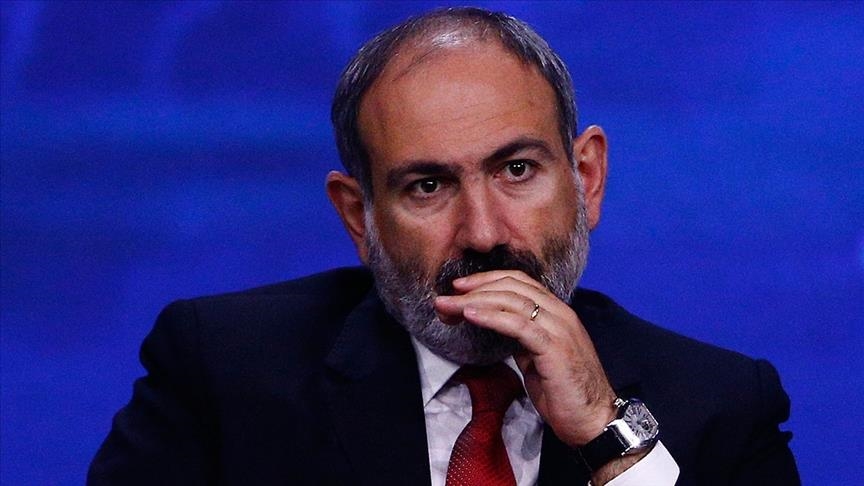Armenia will hold a snap parliamentary election on Sunday, June 20 following the resignation of Prime Minister Nikol Pashinyan in April. Pashinyan hopes by winning he will renew his mandate, having become increasingly unpopular after the signing of a Russian-brokered truce with Azerbaijan.
This truce came in the wake of a six-week war over the Nagorno-Karabakh region, where with the support of Turkey, Azerbaijan gained territory. This defeat led many to criticise Pashinyan, with high ranking generals of the army demanding his resignation back in February. This included the Chief of the General Staff of the Armenian Armed Forces at the time, Onik Gasparyan, who went on to be dismissed.
As the election approaches the frontrunners are Pashinyan, who rose to prominence as a leading figure in the 2018 protests known as the ‘Velvet Revolution’, and Robert Kocharyan, who served as president from 1998-2008. Kocharyan, who has previously been both the prime minister and president of Nagorno-Karabakh, is currently under investigation for allegedly taking a $3 million bribe in 2008.
Pashinyan said, “We must establish a dictatorship of law, a dictatorship of the free will of the people.” The acting Prime Minister rallied 20,000 supporters in the capital Yerevan on Thursday evening. For Pashinyan’s supporters, there is the fear of the old guard returning, with all three former presidents since 1991 running in Sunday’s election.
On Friday, Robert Kocharyan gave a video address arguing “I am sure you will no longer allow anyone to fool you. Let’s heal our wounds.” Richard Giragosian, who directs the Regional Studies Centre based in Yerevan says Kocharyan “represents the Jurassic Park of Armenian politics – the revenge of the dinosaurs. Undecided voters will be the key swing vote that will probably go in favour of the government, not because they like them or support Pashinyan, but because the opposition is more dangerous.”
In a poll by the US-based International Republican Institute, over 40% of Armenians asked will not vote in the election.
Narek Minasyan, senior expert for the Orbeli analytical centre argues that the election will “answer several key questions about society. Do the citizens of Armenia want the continuation of the 2018 revolution and the process of democratisation? Do they consider this stage of history a failure? Do they prefer the former authoritarian leaders who are trying to position themselves as ‘crisis managers’ in order to overcome the crisis?”
Philip English, is a member of the YCL’s Manchester Branch



